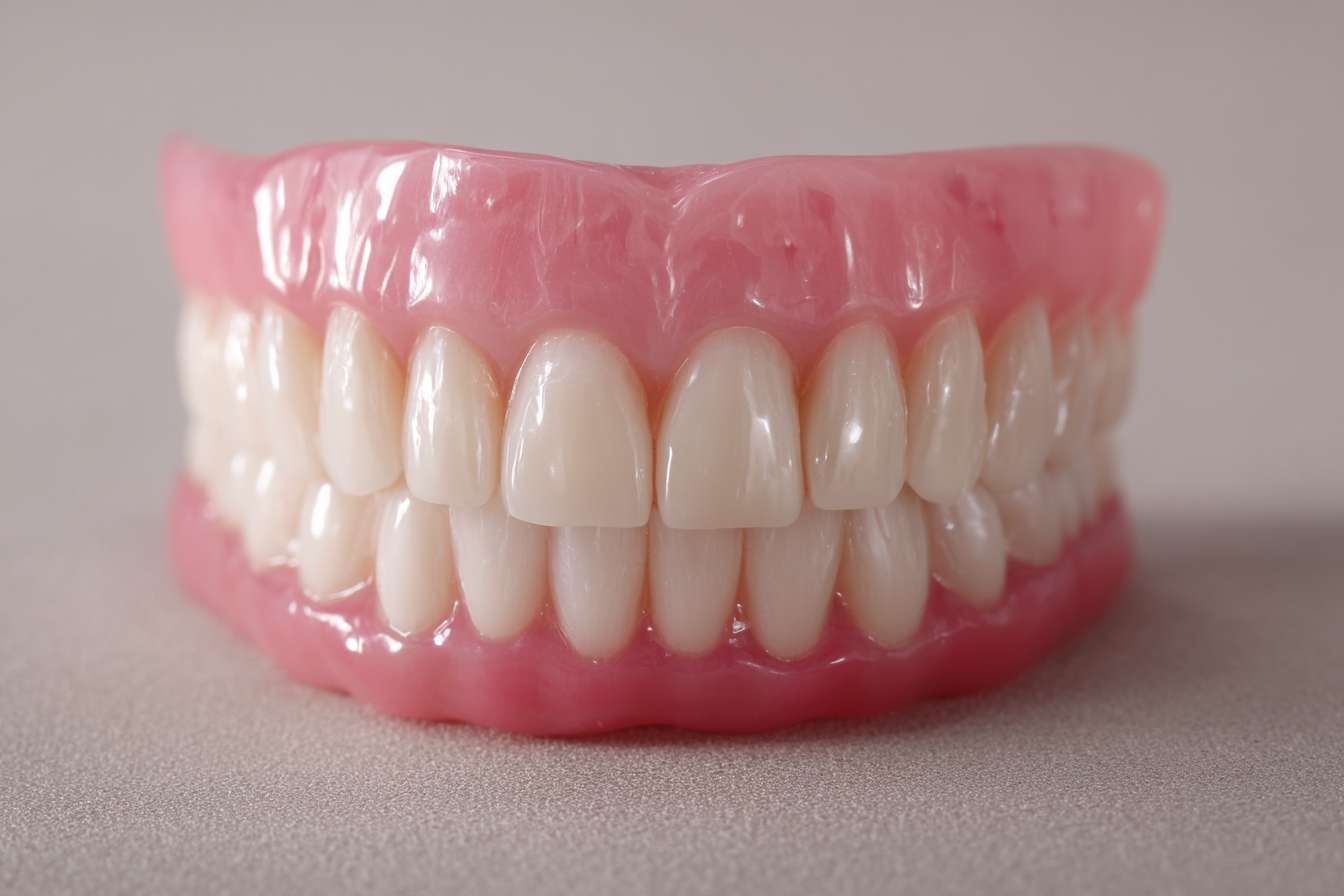Discover Advanced Dental Implant Solutions In UK
Dental implants have revolutionised tooth replacement options for millions of people across the United Kingdom, offering a permanent solution that closely mimics natural teeth. These titanium fixtures, surgically placed into the jawbone, provide a stable foundation for crowns, bridges, or dentures. With advancing technology and refined techniques, modern dental implant procedures offer improved success rates, faster healing times, and enhanced patient comfort compared to traditional methods.

Defining Dental Implants and Their Purpose
Dental implants serve as artificial tooth roots designed to replace missing teeth permanently. The implant itself consists of a biocompatible titanium post that integrates with the jawbone through a process called osseointegration. This creates a strong, stable base for attaching replacement teeth that function and appear like natural ones.
The primary purpose extends beyond simple tooth replacement. Dental implants help preserve jawbone structure by providing necessary stimulation that prevents bone loss, a common consequence of missing teeth. They also maintain facial structure, improve chewing efficiency, and restore confidence in speaking and smiling. Unlike removable dentures, implants don’t require adhesives or special cleaning routines, making them a convenient long-term solution.
Usual Cost of Dental Implants in UK
Understanding dental implant costs helps patients make informed decisions about their oral health investment. Prices vary significantly depending on complexity, location, and provider experience. Single implants typically range from £1,500 to £3,000, while full mouth reconstructions can cost between £15,000 and £30,000.
Several factors influence pricing, including the need for additional procedures such as bone grafts, sinus lifts, or tooth extractions. Geographic location within the UK also affects costs, with London and major cities generally commanding higher fees than rural areas. Some dental practices offer payment plans or financing options to make treatment more accessible.
| Treatment Type | Average Cost Range | Additional Considerations |
|---|---|---|
| Single Implant | £1,500 - £3,000 | Includes implant, abutment, and crown |
| Multiple Implants | £3,000 - £8,000 | Cost per additional implant typically decreases |
| All-on-4 Treatment | £12,000 - £25,000 | Full arch replacement with four implants |
| Bone Grafting | £300 - £1,200 | May be required before implant placement |
Prices, rates, or cost estimates mentioned in this article are based on the latest available information but may change over time. Independent research is advised before making financial decisions.
Exploring Modern Innovations in Dental Implants
Contemporary dental implant technology continues advancing through digital planning, improved materials, and minimally invasive techniques. Computer-guided implant surgery uses 3D imaging and surgical guides to ensure precise placement, reducing treatment time and improving outcomes. This technology allows dentists to plan procedures virtually before beginning surgery.
Immediate loading protocols enable some patients to receive temporary crowns on the same day as implant placement, eliminating the traditional waiting period. Surface treatments on modern implants promote faster osseointegration, reducing healing time from several months to just weeks in many cases. Additionally, new implant designs accommodate patients with limited bone volume who previously weren’t candidates for traditional implants.
Mini implants represent another innovation, offering solutions for patients with insufficient bone density or those seeking less invasive procedures. These smaller-diameter implants work particularly well for securing loose dentures or replacing smaller teeth.
How Dental Implants Improve Function and Comfort
Dental implants restore natural biting and chewing function more effectively than other tooth replacement options. The stable foundation allows patients to eat previously challenging foods without concern about movement or discomfort. Studies show implant-supported teeth can withstand chewing forces comparable to natural teeth.
Speech improvements often occur following implant treatment, particularly when replacing front teeth or multiple missing teeth. Unlike removable dentures that may slip or click during speaking, implants remain securely in place, enabling clear pronunciation and confident communication.
Comfort levels typically surpass other replacement options since implants don’t create pressure points on gums or require periodic adjustments. The absence of removable components eliminates daily removal routines and the need for adhesive products. Many patients report feeling as though they have their natural teeth restored.
Long-term comfort benefits include maintained facial support and reduced jaw joint stress. By preserving bone structure and proper bite alignment, implants help prevent the sunken facial appearance that can develop with traditional dentures over time.
A Research-Based Overview
Research consistently demonstrates high success rates for dental implants, with studies showing 95-98% success over 10-year periods when properly maintained. This evidence-based treatment option provides lasting benefits that extend beyond simple tooth replacement, supporting overall oral health and quality of life improvements.
The investment in dental implant treatment typically proves worthwhile considering the longevity and functional advantages compared to alternatives. While initial costs may seem substantial, the long-term value becomes apparent through improved comfort, function, and reduced need for future dental work. Consulting with qualified implant specialists ensures proper evaluation and treatment planning tailored to individual needs and circumstances.
This article is for informational purposes only and should not be considered medical advice. Please consult a qualified healthcare professional for personalized guidance and treatment.




